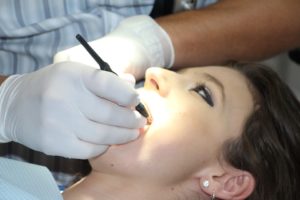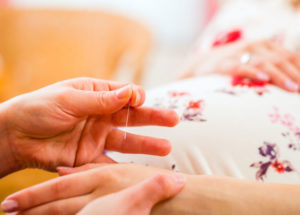As a mother it’s almost impossible to tell when you start to realize how much you would be willing to do to protect the baby inside of you, pregnancy brings out the best in you.
Pregnancy also known as gestation is a dynamic physiological state which is evidenced by several transient changes. Changes during pregnancy not only bring physical changes but also changes perceptions and interactions with others in the environment. Initially mothers find it difficult to understand the relevance of the adaptations of their bodies to the health of their baby. A pregnant woman requires various levels of support throughout this time, such as medical monitoring or intervention, preventive care and physical and emotional assistance. We find it difficult to accept the fact that pregnancy can lead to various changes in oral cavity. The fact is the hurricane of hormones which is induced during pregnancy causes changes in the mother’s body and the oral cavity is no exception. An increase in the secretion of the female sex hormones, oestrogen by 10 folds and progesterone by 30 fold, is important for the normal progression of a pregnancy.
A series of local physical changes occurring in different parts of the body, which also includes the oral cavity, is an important concern which we often tend to ignore. These collective changes may pose various challenges in providing dental care for pregnant patients. Therefore, understanding the physiologic changes of the body, importance of dental visits pre and during pregnancy and the effects of the dental radiation and the medications which are used in dentistry for the pregnant women, lactating mothers and the fetus, is essential for the management of the pregnant and nursing mothers.

Pregnancy affects our gingival and periodontal condition. Accumulation of plaque, gingival irritations are very common in first and second trimesters of pregnancy. A minimal amount of tooth mobility is also evident during pregnancy. Swollen gums, irritating gingiva and bleeding gums hastens the tooth decay. In women with severe morning sickness, frequent vomiting can erode the enamel on the back of the front teeth. Recurrent vomiting increases the acidic environment of oral cavity which in turn can help bacteria’s to harbor.
Due to lack of awareness or busy lifestyle we don’t prefer visiting a dentist before or during pregnancy.
For the first trimester (1-12 weeks)
During the first trimester, it is recommended that mothers should consult dentist to accept the changes occurring and face it with no or minimal pain and to discuss on how to avoid maternal dental problems that may arise during pregnancy. Dental procedures are not recommended during first trimester. The concern about doing dental procedures during the first trimester is due to the fact that the developing child is at a greatest risk which is posed by teratogens during organogenesis, and second, during the first trimester, it is known that as many as one in five pregnancies undergo spontaneous abortions. Dental procedures which are performed near the time of a spontaneous abortion may be assumed to be the cause, which lead to concerns for both the patient and the practitioner, as to whether this could have been avoided.
For the second trimester (13-24 weeks)
By the second trimester, the organogenesis is complete, and the risk to the foetus is low. The mother has also had time to adjust to her pregnancy, and the foetus has not grown to a potentially uncomfortable size that would make it difficult for the mother to remain still for long periods. So its better to avoid time taking dental procedures during second trimester.
For the third trimester (25-40 weeks)
The foetal growth continues and the focus of the concern now, is the risk to the upcoming birth process and the safety and comfort of the pregnant woman (e.g the chair positioning and the avoidance of drugs that affect the bleeding time). It is safe to perform a routine dental treatment in the early part of the 3rd trimester, but from the middle of the 3rd trimester, routine dental treatments are avoided.
Learning that you’re pregnant can be a joyous moment. But it also means life is about to change as you focus on protecting yourself and your child. The important thing is to maintain your own personal hygiene — brushing and flossing — and making other healthy choices like eating a nutritious diet. And be sure to consult your dentist and let them know about your pregnancy to help guide your dental treatment during pregnancy.













